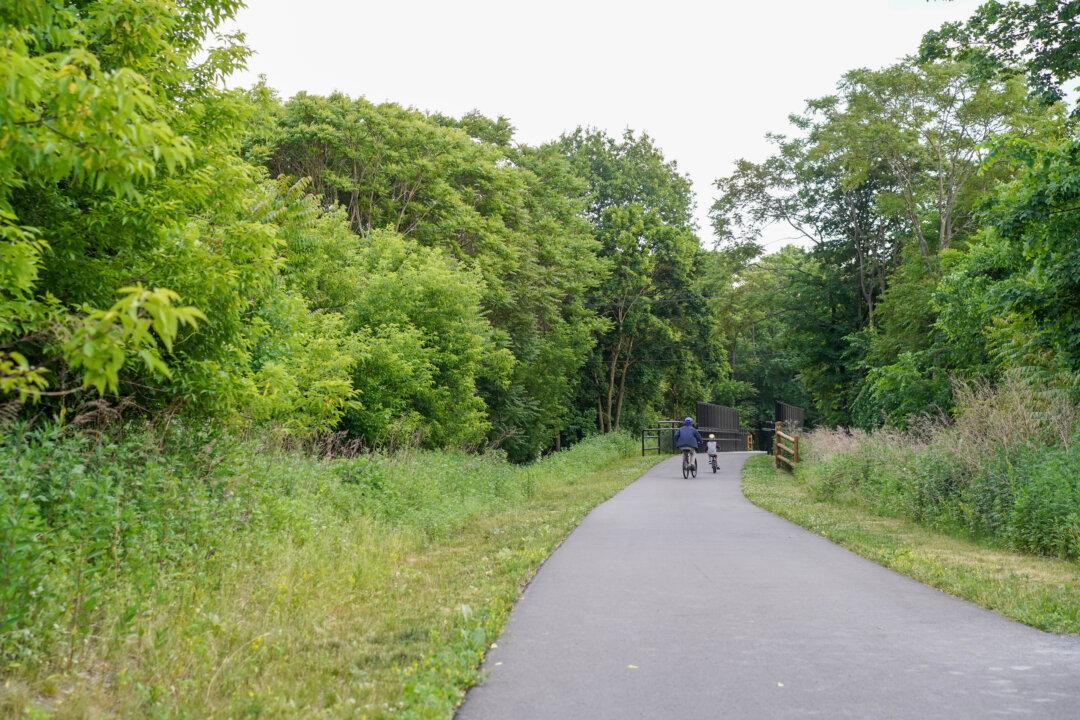Public input is being sought on a new long-term transportation plan that will guide the development of transportation infrastructures and services in Orange County for years.
County residents can share their thoughts via an online survey until Aug. 28.





